Diversity Just Dominated the 2025 Oscars—So Much for ‘DEI Hires’
5 Record-Breaking Wins From Last Night's Ceremony That Prove Diversity Is Excellence
It’s no secret that diversity, equity, and inclusion (DEI) efforts are under relentless attack in politics and media. Critics have weaponized terms like "Diversity Hire" or "DEI Hire" to undermine the success of women, people of color, LGBTQ+ individuals, and other marginalized voices. The term itself is rooted in an assumption that inclusion comes at the expense of talent.
The achievements at this year’s Oscars serve as a powerful rebuttal.
For nearly a century, the Academy Awards have reflected Hollywood’s values, often showcasing artistic excellence but just as frequently exposing its deep-rooted inequities. Historically, marginalized voices have struggled for recognition, with people of color, women, and international filmmakers often sidelined in major categories. But the 97th Academy Awards marked a turning point, delivering a night filled with historic firsts that celebrated diversity, inclusion, and long-overdue recognition. The winners proved—yet again—that expanding recognition does not mean lowering the bar, but raising it.
The Groundbreaking Firsts of the 2025 Oscars
This year’s ceremony saw a record number of historic wins, shattering long-standing barriers in multiple categories. Here are the groundbreaking firsts that defined the night:
A quick break …
🚨Become a paid subscriber to History Can’t Hide🚨
History Can’t Hide has now surpassed 10,000 followers (in just three weeks) and I have more than 18 pieces published in our vault of exposed American secrets (that’s about one piece of content every single day)!
But uncovering hidden history isn’t easy. High-quality research takes time and with so much misinformation and historical erasure out there, the urgency to tell these stories is real. I want to expand this work, but I can’t do it alone.
When you upgrade to a paid subscriber, this helps me to:
📚 Invest in high-quality research to bring you the most accurate and well-sourced history content.
🎥 Expand production—I want to create longer, more in-depth videos across platforms like YouTube and video podcasts right here on Substack.
💼 Hire young historians and researchers, especially from underrepresented communities, to help uncover more stories.
✈️ Travel to historical sites and conduct primary source research for deeper storytelling.
Now back to the story 👇🏾
Paul Tazewell
The first Black man to win Best Costume Design for his breathtaking work on Wicked.
A veteran of both stage and screen, Tazewell has long been celebrated for his meticulous historical research and bold, imaginative designs that bring characters to life. His previous work on Hamilton and West Side Story reshaped the way period pieces are visually presented, merging authenticity with modern sensibilities. His Oscar win is not just a personal milestone but a long-overdue recognition of Black excellence in the technical and artistic fields of filmmaking—an area where Black designers have historically been overlooked despite their immense contributions.
Zoe Saldaña
Best Supporting Actress for her role in Emilia Pérez, making her the first American of Dominican descent to receive an Academy Award.
Despite being one of Hollywood’s most bankable stars—headlining billion-dollar franchises like Avatar, Guardians of the Galaxy, and Star Trek—Saldaña had never even been nominated for an Oscar before this year. Her role in Emilia Pérez, a Spanish-language musical crime drama, showcased a new side of her range, proving that her talents extend far beyond sci-fi blockbusters. Her win not only cements her status as a versatile performer but also highlights the growing recognition of Latina actresses in Hollywood.
"No Other Land"
The first Palestinian film to win an Oscar, taking home Best Documentary Feature.
The film, co-directed by an Israeli and Palestinian duo, captures the raw and deeply personal struggles of Palestinian communities facing displacement and occupation. This win carries profound significance in a year when discussions about Palestine have been particularly charged. It underscores the power of storytelling as a tool for visibility and resistance, bringing Palestinian voices to an international stage that has often ignored or sidelined their narratives.
Do you have a favorite groundbreaking moment from the Oscars? Let me know!
“Flow”
The animated film from Latvia won Best Animated Feature, marking the first time a Latvian production has ever taken home an Oscar.
The film, a visually stunning and deeply philosophical exploration of life through the perspective of animals, was praised for its unique artistic style and emotional depth. Its victory represents a breakthrough for non-Hollywood animation studios, expanding the Academy’s recognition of global animation beyond the usual dominance of Pixar, Disney, and DreamWorks.
Adrien Brody
Best Actor for his role in The Brutalist, making him the first actor to win two Best Actor Oscars from his first two nominations.
His first win, in 2003, was for The Pianist, in which he portrayed Władysław Szpilman, a Jewish musician struggling to survive the Holocaust. More than two decades later, The Brutalist saw him return to another deeply affecting role—this time as László Tóth, a Hungarian-Jewish architect whose life and career in postwar America are shaped by his survival and resilience. Both films explore the lingering trauma of the Holocaust and the displacement of European Jewish communities, reinforcing Brody’s talent for portraying characters whose stories carry immense historical weight.
Fernanda Torres
Brazil’s first-ever Oscar by winning Best International Feature for I'm Still Here, a film based on the true story of Eunice Paiva.
Palva was a Brazilian activist whose husband was one of the thousands of dissidents who disappeared during Brazil’s military dictatorship. The film sheds light on a dark chapter of the country’s history, exploring themes of state violence, political repression, and personal resilience. Torres' win marks a major moment for Brazilian cinema, which has long produced powerful films but has struggled to gain recognition on the Academy stage.
The Future of Representation in Hollywood
The 2025 Oscars send a clear message: diversity in filmmaking is not a phase—it’s the future. The industry thrives when more voices, perspectives, and talents are given the space to shine. If anything, this year’s historic wins should serve as fuel to push even further, ensuring that recognition does not take another 96 years to reach the next Paul Tazewell or No Other Land.
Hollywood’s progress has always been slow, but nights like these remind us that change is possible, necessary, and—above all—inevitable.


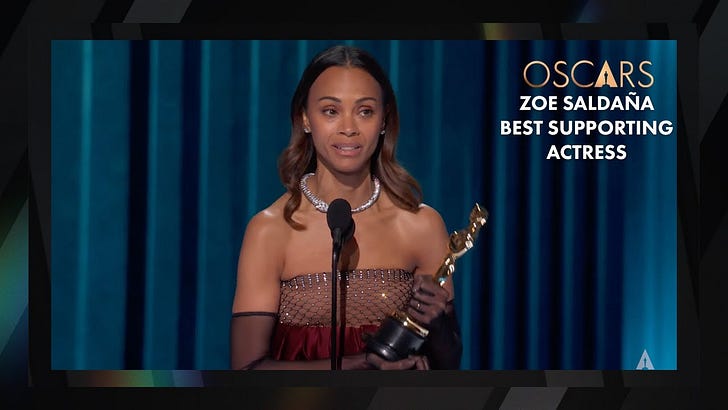


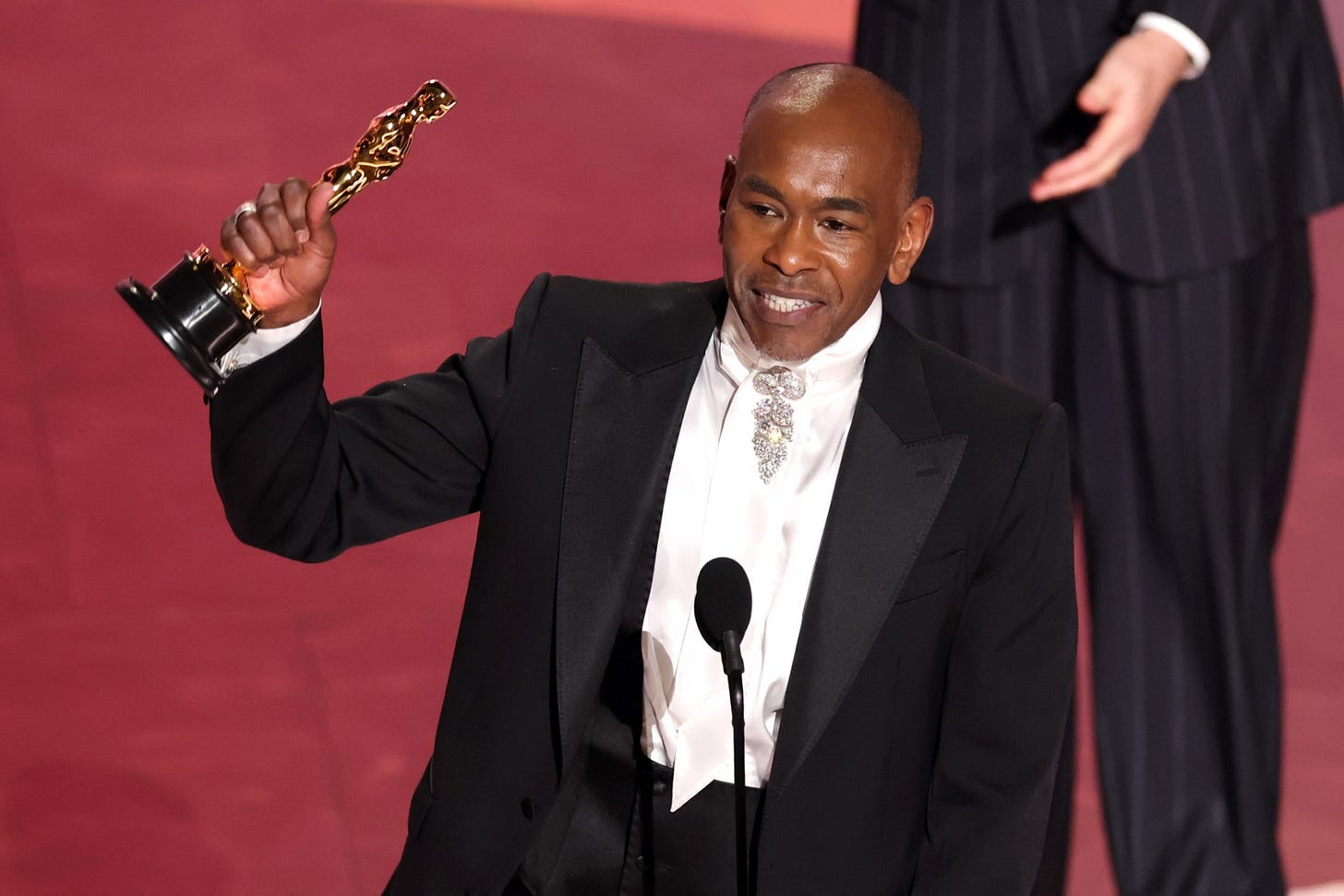
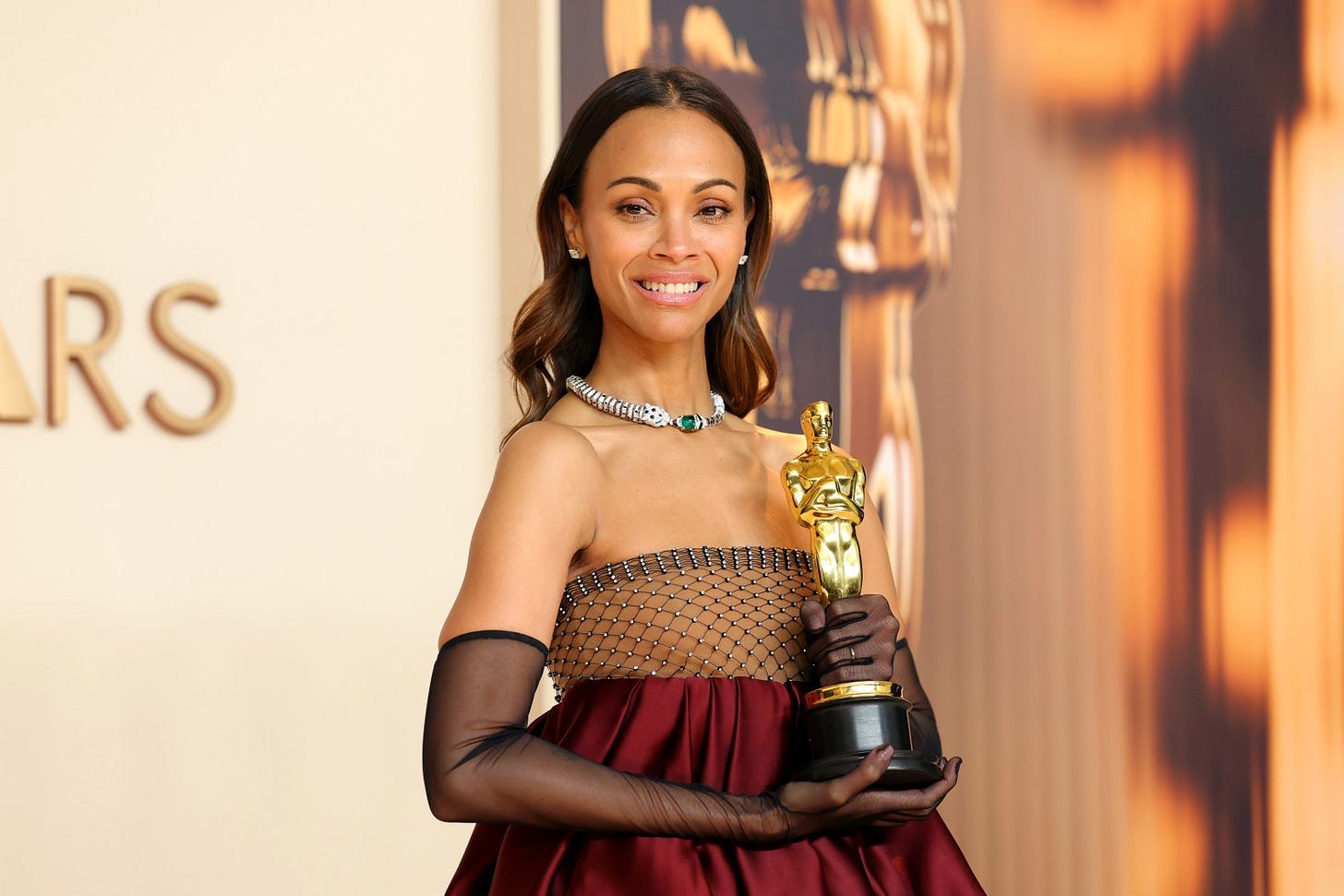
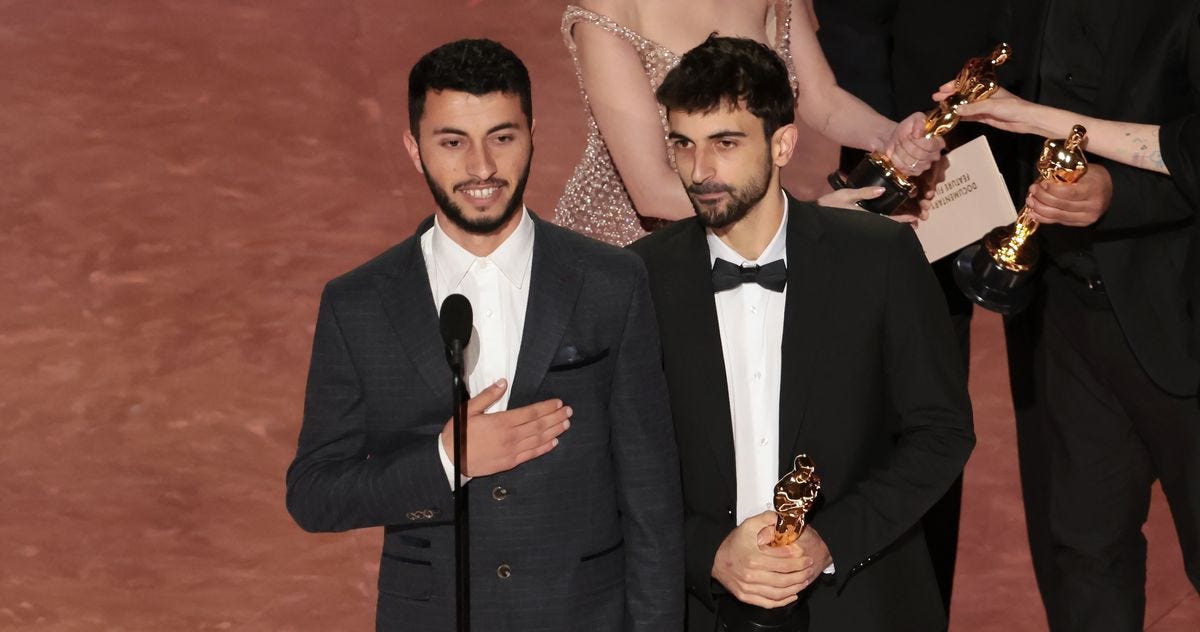

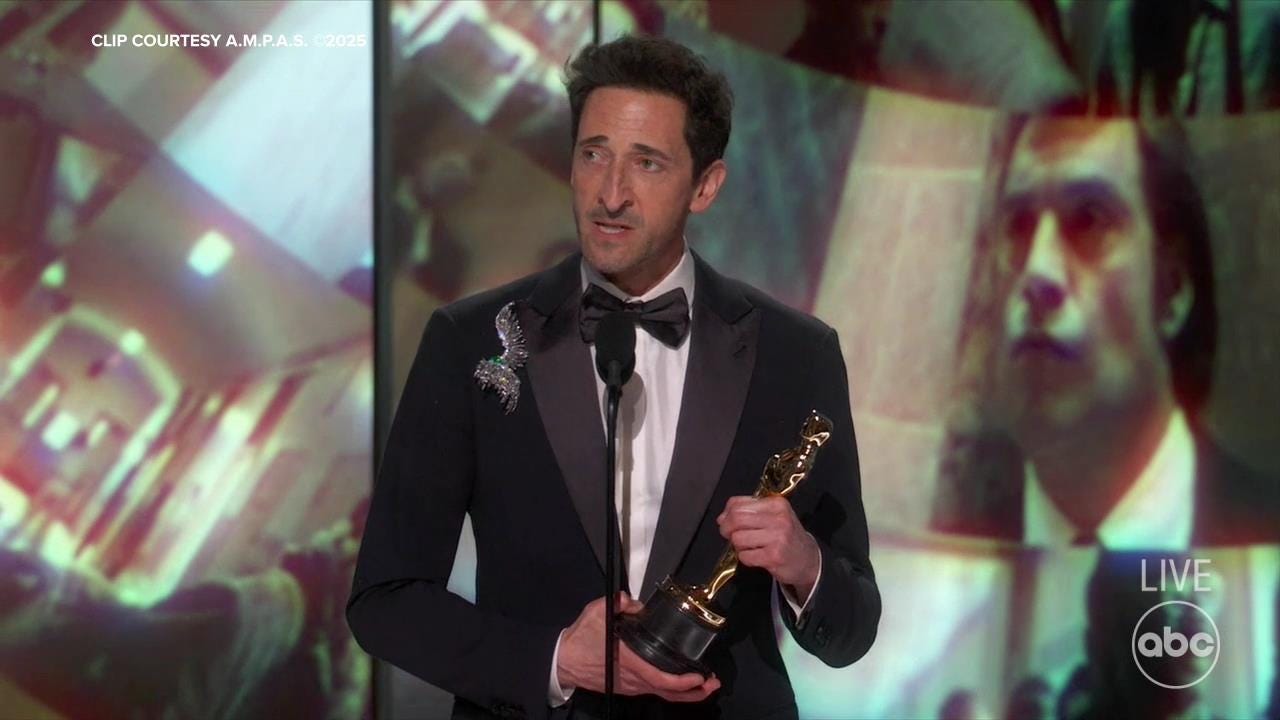

That's why conservatives hate Hollywood